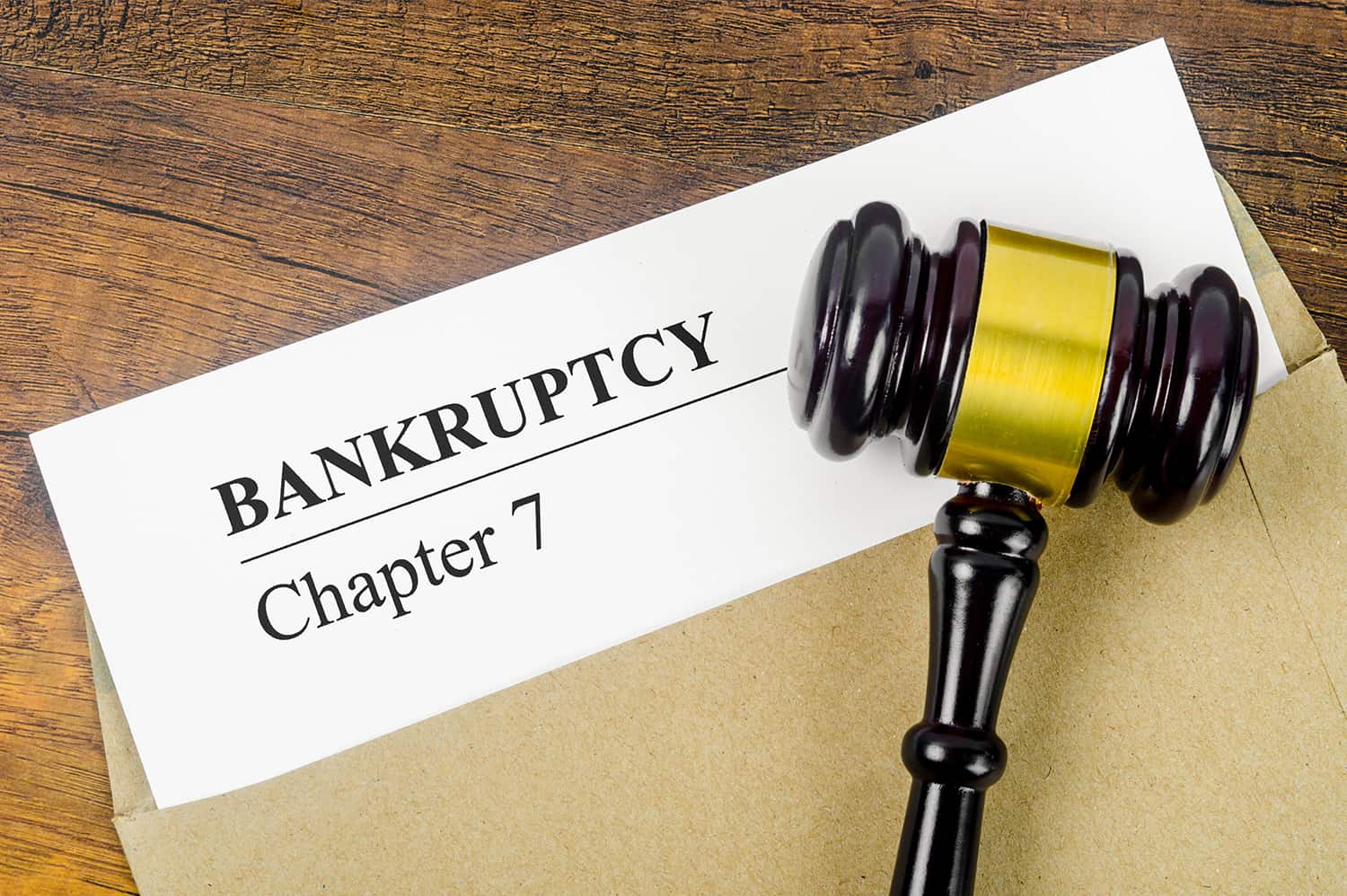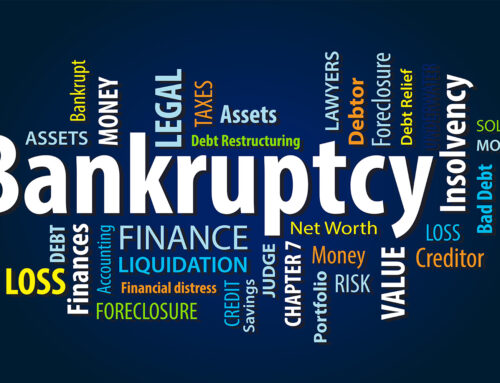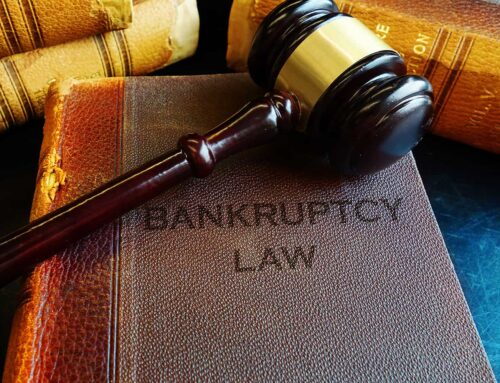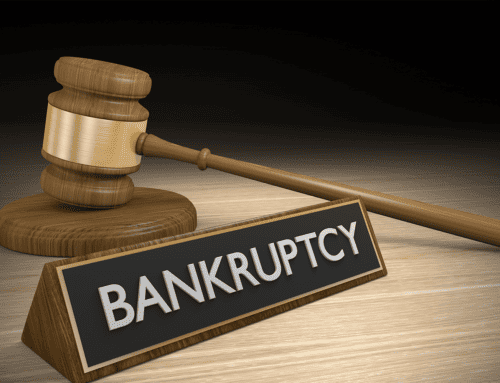The fear of never regaining good credit often keeps people from filing for bankruptcy. While it is true that bankruptcy negatively impacts credit scores at first, it also offers a pathway to long-term credit improvement. Consider how filing a Chapter 7 can affect your credit score positively and how an experienced attorney can help.
What Is the Immediate Impact of Filing for Bankruptcy?
The immediate impact of filing for any type of bankruptcy is often a significant drop in your credit score. Depending on the reporting institution, your credit score could plummet anywhere from 100 to 200 points as soon as you file for bankruptcy. A Chapter 7 will stay on your record for 10 years from the date of discharge, which is longer than the recorded seven years for a Chapter 13 bankruptcy.
An automatic stay goes into effect as soon as you file, halting most collection activities, lawsuits, wage garnishments, and foreclosures. This offers immediate relief from creditor harassment and provides time to reorganize your financial life. However, it also comes with direct restrictions. It can become difficult to acquire new credit, and any existing lenders will often freeze or close current lines of credit.
What Are the Short-Term Gains From Filing a Chapter 7?
While the decision to file for Chapter 7 bankruptcy requires serious consideration, it does offer some short-term benefits that can set the stage for financial recovery:
- Improved debt-to-credit ratio. Once the court grants a discharge, it immediately improves your debt-to-credit ratio.
- Psychological relief. There is a mental benefit to being free from the burden of insurmountable debt. This can be a significant factor in providing the emotional relief needed to focus on rebuilding your life.
- Eliminating delinquent accounts. Bankruptcy wipes the slate clean for most of your debts, eliminating any account marked as delinquent on your credit report.
These immediate gains serve as stepping stones towards longer-term financial stability and creditworthiness. Working with an experienced bankruptcy attorney is vital to ensure you make the best decisions for your financial situation.
The FICO Scoring Advantage
When understanding the complexities of credit scores, the Fair Isaac Corporation’s FICO scoring model offers a unique advantage for those who file for bankruptcy. Unlike other scoring models that might compare you to the general population, this model takes a more nuanced approach.
The FICO scoring system places consumers in groups based on similar financial circumstances. If you file for bankruptcy, they compare you to other bankruptcy filers, not those with excellent or perfect credit. This system can work in your favor, even with bankruptcy listed on your credit report.
What Are the Long-Term Benefits?
A Chapter 7 bankruptcy discharge provides a fresh financial start by freeing up disposable income, allowing you to channel your resources into making timely payments on your remaining accounts. This alleviates the burden of discharged debts and lets you focus on financial stability.
With a Chapter 13 plan, you begin to establish a positive payment history even before fully discharging your debts, putting you in a solid position to improve your credit over time. However, a Chapter 7 bankruptcy offers a quicker path to credit rebuilding. After discharging your debts, your credit reports will reflect the change. This enhances your credit profile and provides avenues for future financial opportunities that will improve your credit score over time.
How Can an Experienced Attorney Help You?
An experienced attorney can assist you throughout the bankruptcy process in many ways. Consider some essential areas where having a legal representative is valuable:
- Assessment and planning. They can help you determine whether you qualify for a Chapter 7 and offer insights into the long-term impact on your financial future.
- Document preparation and filing. They will complete all the necessary forms and schedules, ensuring accuracy to avoid potential delays, and promptly submit everything to the court.
- Representation in court. They represent you during the 341 meeting with the creditors and any court appearances, handling any objections or disputes raised by creditors.
- Asset protection. They identify and claim state or federal exemptions to protect your assets and guide you through the process to minimize losses when the court requires liquidation.
- Ongoing support. They keep you updated on the progress of your case, clarifying any legal jargon and answering any questions you have as they arise.
Hiring an experienced attorney significantly improves your ability to navigate the Chapter 7 bankruptcy process successfully, minimizing the negative impact and maximizing how this process can improve your financial health.
When Should You Contact an Attorney?
Chapter 7 bankruptcy is not a financial dead end. It can serve as a catalyst for credit score improvement. Given the complexities of the bankruptcy process, consulting an experienced attorney is invaluable for making informed decisions. If you want to know more about filing for bankruptcy and how it impacts your credit score, contact the Law Offices of Brent George Law for a consultation today.







